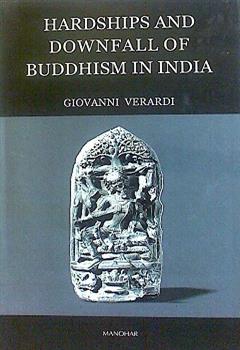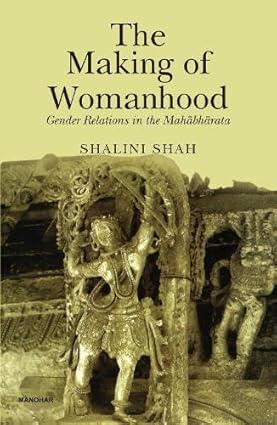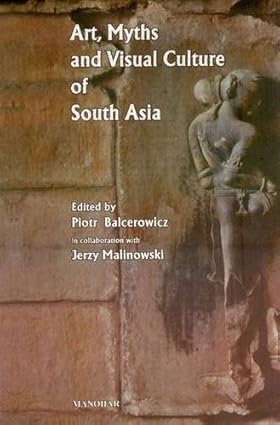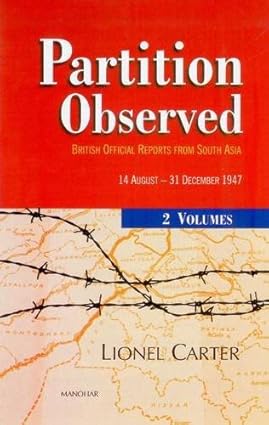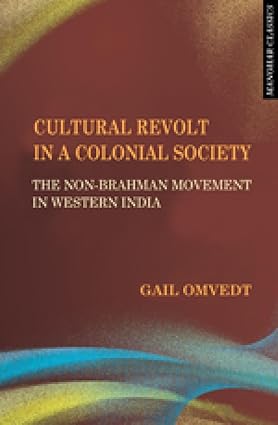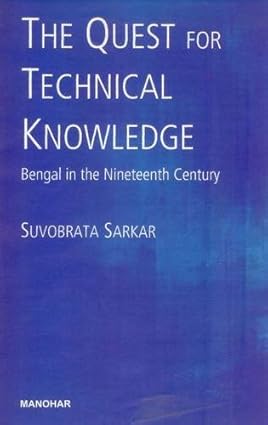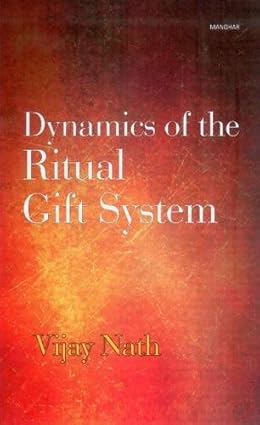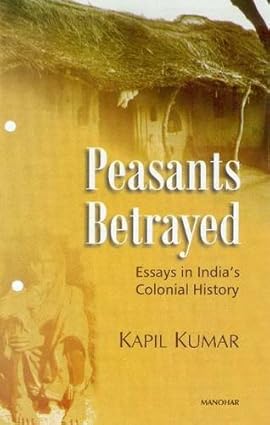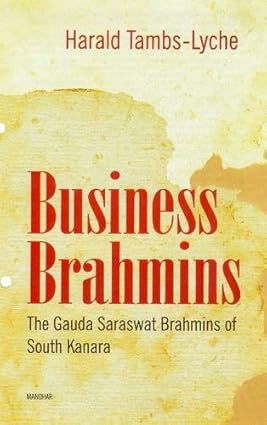History
Featured Products
Religious and Ethnic Minority Politics in South Asia
₹375.00
M.R.P.:₹ 500.00
You Save: ₹125.00 (25.00% OFF)
Hardships and Downfall of Buddhism in India
₹1,339.05
M.R.P.:₹ 1,695.00
You Save: ₹355.95 (21.00% OFF)
The Making of Womanhood: Gender Relations in the Mahabharata
₹865.05
M.R.P.:₹ 1,095.00
You Save: ₹229.95 (21.00% OFF)
Partition Observed: British Official Reports From South Asia, (14 August-15 October 1947), ( 16 October - 31 December 1947) (2 Vols. Set)
₹2,212.50
M.R.P.:₹ 2,950.00
You Save: ₹737.50 (25.00% OFF)
Cultural Revolt in a Colonial Society: The Non-Brahman Movement in Western India
₹746.25
M.R.P.:₹ 995.00
You Save: ₹248.75 (25.00% OFF)
The Quest for Technical Knowledge: Bengal in the Nineteenth Century
₹671.25
M.R.P.:₹ 895.00
You Save: ₹223.75 (25.00% OFF)
Peasants Betrayed: Essays in India`s Colonial History
₹656.25
M.R.P.:₹ 875.00
You Save: ₹218.75 (25.00% OFF)
Business Brahmins: The Gauda Saraswat Brahmins of South Kanara
₹832.20
M.R.P.:₹ 1,095.00
You Save: ₹262.80 (24.00% OFF)



